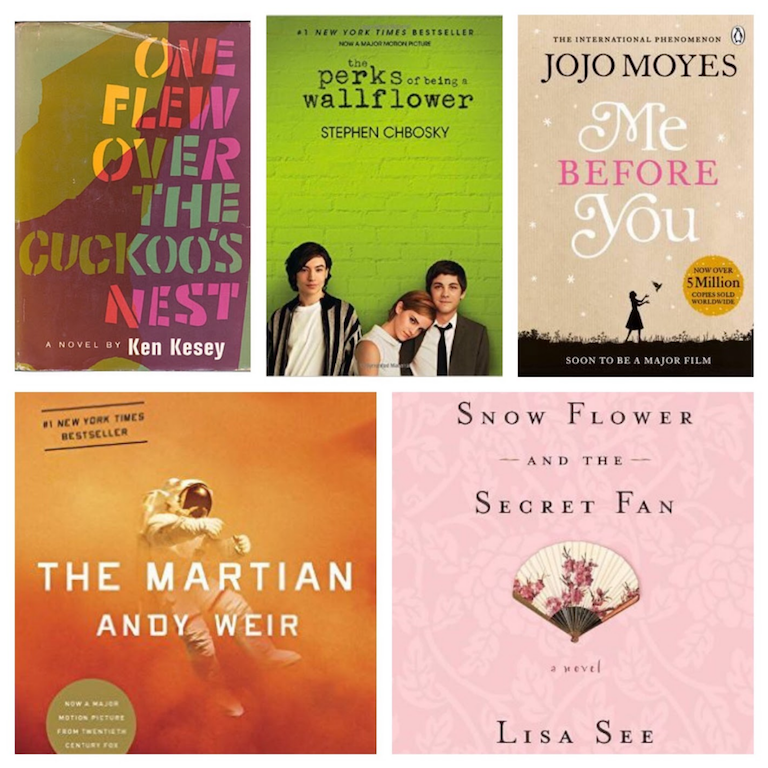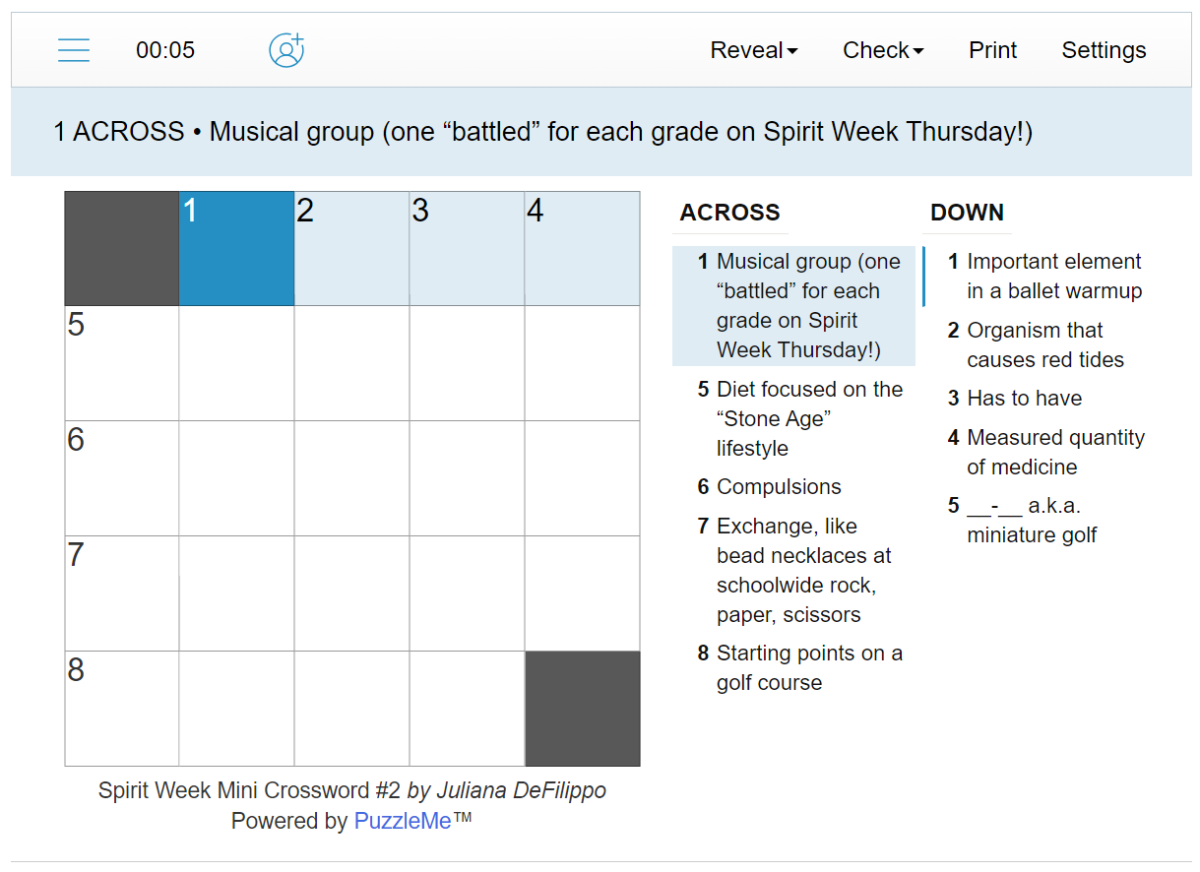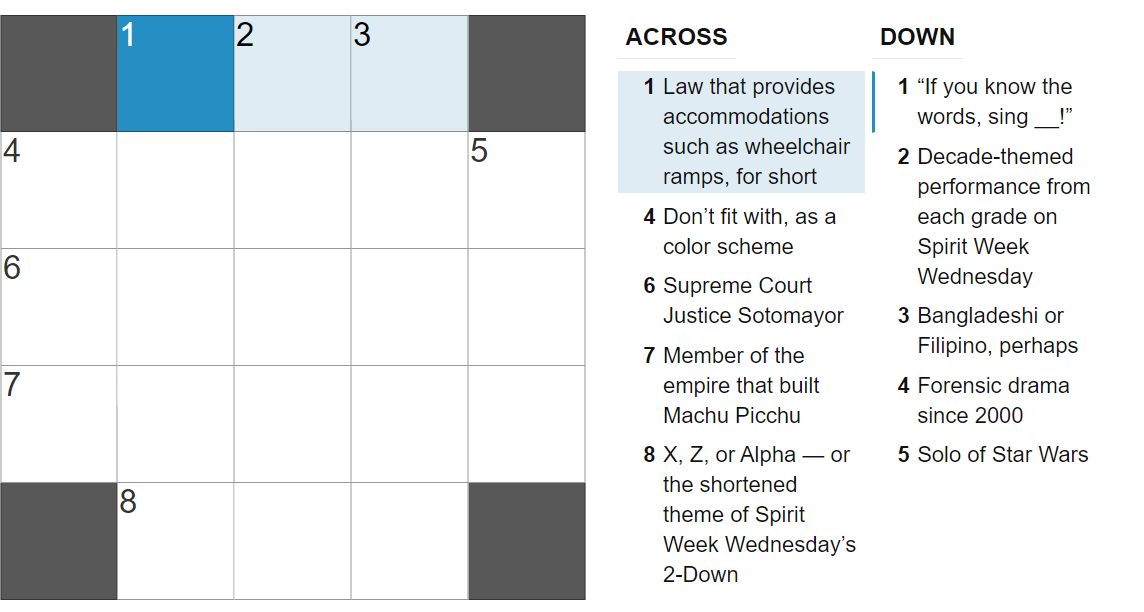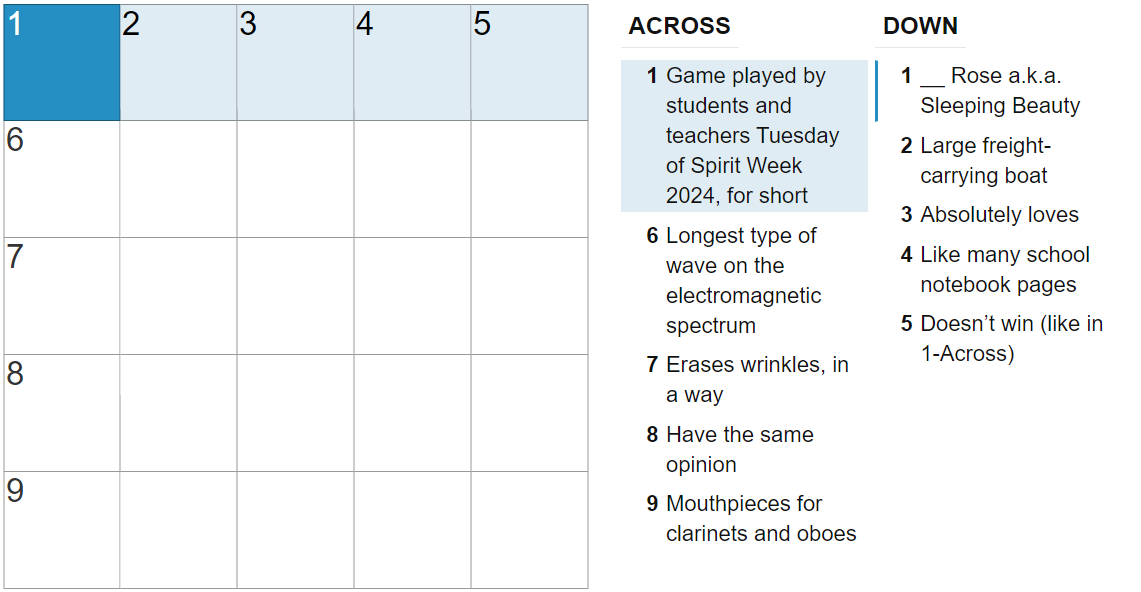Me Before You by Jojo Moyes
Before I begin, allow me to state this: I hate romance novels. I have no patience for Nicholas Sparks’ books, which are filled with outdated clichés and predictable plotlines, but after reading “Me Before You” I may have to give romance novels another try. It’s impossible to read this without falling in love with the characters, as the story appears so authentic. You can almost feel Will’s resentment radiate through the pages, hear Louisa’s sighs of exasperation, and visualize the small, sleepy town snuggled into the English countryside. It’s curious that in this rapt age of technology— where thoughts that once emerged gracefully from head to paper have been overtaken by instantaneous visual and audio impressions — the viewer sometimes needs to be shaken out of their technology-induced stupor and proceed with introspect. In “Me Before You,” circumstances lead non-contemplative people to contemplate themselves; their choices, their relationships, and their aspirations.
One Flew Over the Cuckoo’s Nest by Ken Kesey
Yes, I am fully aware that this is a required summer reading book. However, “One Flew Over the Cuckoo’s Nest” is easily one of the most enthralling novels I’ve ever read. The book focuses on the modern paradox of trying to be human in the well-oiled machine of a democratic capitalist society, where one is forced to play the role of either savior or a slave. Ken Kesey has an extraordinary grasp of the challenges faced by all of us in our modernized society, and he is able to convey his ideals through some of the richest imagery I’ve ever read. Personally, I was absolutely captivated by the main character McMurphy; who, out of nowhere, swoons in to shake up the institution, inject life into the long-dead patients, and rally against the ward rules. He reminds the audience of their individualism, despite the vast depersonalization that takes place in our industrialized society. Essentially, regardless of whether or not this book is regarded as a “classic,” it definitely deserves a read.
The Perks of Being A Wallflower by Stephen Chbosky
“The Perks of Being a Wallflower” is undoubtedly one of my favorite books of all time. Some label it as cliché or condemn the plot as being too predictable; I, however, have never encountered a main character with such relatable, real-life struggles. This book elicited a plethora of emotions from me; it made me feel things I didn’t even know I could. I laughed, I cried, and I cringed as Charlie navigated the trials and tribulations of his freshman year of high school. This book encompasses beautifully a topic that we’re all too shy, embarrassed, or ashamed to speak of: mental illness. However, Charlie easily convinces his audience that mental illness is not a topic to be ashamed of; it does not mean that you are weak or incompetent, but in fact, enduring such a struggle proves quite the contrary.
The Martian by Andy Weir
Unpopular opinion: I didn’t enjoy “The Martian.” Don’t get me wrong, Andy Weir is a great technical writer, describing the scientific and mathematical processes in this book with great accuracy. However, my guess is that Weir is completely clueless as to how people behave or interact in the real world. The dialogue in “The Martian” is stunted and forced, the characters are all one-dimensional and flat, and the scenarios are tainted by a degree of irrationality. The emotional and psychological trauma induced by being stranded on a distant planet for months? There’s no mention of that anywhere. Watney is apparently that cool of a guy, as evidenced by all his laugh-track punch lines and overbearing sarcasm. The concept of this novel is ingenious, but the execution is off. Therefore, “The Martian” reads more like a nerdy blog than a dramatic survivor’s diary.
Snow Flower and the Secret Fan by Lisa See
I had a hard time putting down “Snow Flower and the Secret Fan”and felt transported to a village in the Hunan province in central-south China during the mid-nineteenth century. The narrator, 80-year-old Lily, has outlived all of her family members and relates the story of her formative years and her platonic relationship with another woman, Snow Flower. This well-written story is related with clarity, sentiment, and most prominently, remorse. It’s through this guilt that the reader comes to know the true character of Lily, as she reflects upon the regret she’s burdened with at the loss of her one true love, Snow Flower. However, the most fascinating aspect of this novel was how vividly the narrator was able to portray the oppression of women deeply embedded in Chinese culture during the Qin Dynasty. The horrors of footbinding, isolation, and servitude to men were all clearly and often disturbingly displayed in this novel.





























































stephen moore • Jul 31, 2016 at 10:08 am
nice job with this Ashley….well done